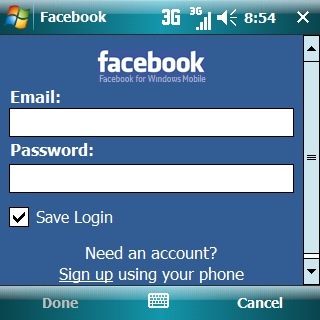Can the smartest minds agree on what is 'Big Data' - probably not
Mo Data stashed this in Big Data Hype Cycle
http://www.technologyreview.com/view/519851/the-big-data-conundrum-how-to-define-it/?
“Big data is a term describing the storage and analysis of large and or complex data sets using a series of techniques including, but not limited to: NoSQL, MapReduce and machine learning.”
Where they also took a look:
1. Gartner. In 2001, a Meta (now Gartner) report noted the increasing size of data, the increasing rate at which it is produced and the increasing range of formats and representations employed. This report predated the term “dig data” but proposed a three-fold definition encompassing the “three Vs”: Volume, Velocity and Variety.This idea has since become popular and sometimes includes a fourth V: veracity, to cover questions of trust and uncertainty.
2. Oracle. Big data is the derivation of value from traditional relational database-driven business decision making, augmented with new sources of unstructured data.
3. Intel. Big data opportunities emerge in organizations generating a median of 300 terabytes of data a week. The most common forms of data analyzed in this way are business transactions stored in relational databases, followed by documents, e-mail, sensor data, blogs, and social media.
4. Microsoft. “Big data is the term increasingly used to describe the process of applying serious computing power—the latest in machine learning and artificial intelligence—to seriously massive and often highly complex sets of information.”
5. The Method for an Integrated Knowledge Environment open-source project. The MIKE project argues that big data is not a function of the size of a data set but its complexity. Consequently, it is the high degree of permutations and interactions within a data set that defines big data.
6. The National Institute of Standards and Technology. NIST argues that big data is data which “exceed(s) the capacity or capability of current or conventional methods and systems.” In other words, the notion of “big” is relative to the current standard of computation.
Stashed in: Big Data!
Big Data... like CRM and ERP before it is a fantastic 'marketecture' label - a term that all the vendors and analysts and consultants can get behind that encapsulates the product or service they are selling and matches it to a general business need.
At Mo-Data.com, we have our own way of looking at Data:
1. It can be medium-sized, it can be big and it can be huge - the size will determine the technology that should be applied.
2. It can be structured, unstructured or both - the data itself and its attribution will determine what methods of analysis
3. It can be predictable or unpredictable - this will affect what can be done with the data - in terms of determining its value
4. Most, if not all organizations generate data, whether it is collected or not. Most, if not all organizations consume data. Many organizations have the potential to share or sell that data, someone out there wants it.
5. When an organization looks at its data and thinks that's all, we can pretty much guarantee we can find more data somewhere that would be useful
So for us, Big Data is really a mindset thing. Before data was big, we had questions - the scarce resource was the technology to find the answers. Now data is big, we have plenty of technology to find the answers, the trick is finding the right questions.
Pre-Big Data questions: How many goats did we sell? To whom did we sell them? What was the most profitable type of goat and what market segment bought them?
Big Data questions: Are the people buying goats as pets or are they eating them? Should we launch our new line of goat hair shirts next week or next month? Who ate curry goat last month, how can we tell them that the rotis are being served right now?













11:17 PM Oct 06 2013